You are here
Back to topTaiqiu Variety Saves Persimmon Market This Autumn
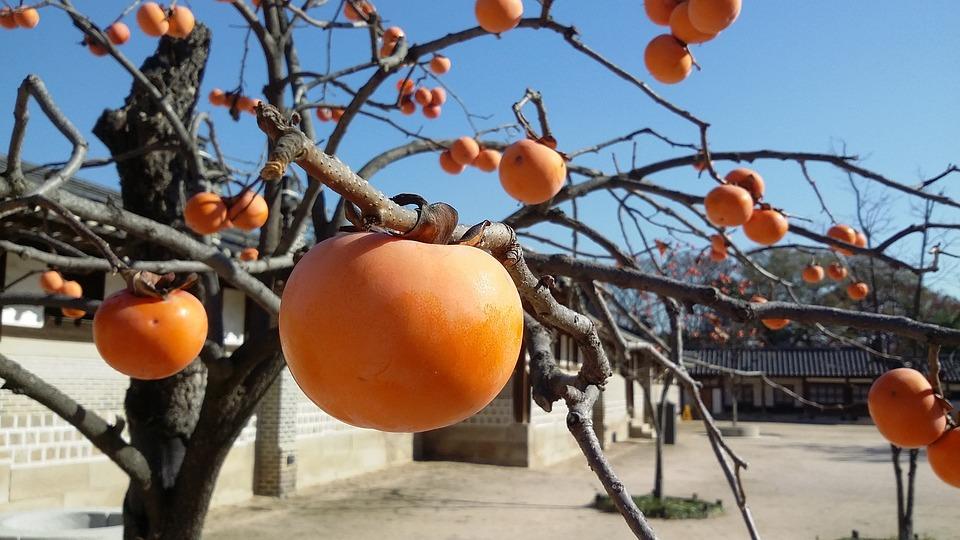
Persimmons have traditionally been a popular autumn fruit in China, but sales have become somewhat sluggish in recent years. A lack of novel and star varieties is one of the major reasons behind this trend. With the availability on the market of Taiqiu persimmons (太秋甜柿), which are jokingly referred to by some Chinese consumers as a Hermès item in the persimmon family and currently selling at 40–60 Chinese yuan ($5.53–8.30) per kilogram, the bitter trading situation is likely to see some positive changes this year.
Taiqiu persimmons are generally seedless and boast a series of other features including a round and plump shape, a sweet and succulent flesh, and a tender yet firm texture. This variety hits the market in early September and remains in supply until late November, a period that coincides with the Mid-Autumn Festival and National Day holidays. Another key selling point of the fruit is its low tannin content. Excessive consumption of tannin-rich foods is believed to raise the incidences of certain cancers. The tannin level of Taiqiu persimmons is roughly one-twentieth that of ordinary persimmons, one-quarter that of kiwifruit and on par with apples, mangos and table grapes.
The average weight of a Taiqiu persimmon is around 300 grams, with large-sized fruit reaching up to 500 grams. It takes just two years for this variety to bear fruit and eight years to enter a high-yielding period, which can last as long as six decades. During the high-yielding period, a hectare of land produces approximately 30 metric tons of the fruit each year.
Originating from Japan, Taiqiu persimmons require considerable care during the full life cycle. Poor orchard management always leads to low productivity and inferior fruit quality. Moreover, ripe Taiqiu persimmons are very susceptible to cracking. This variety is not resistant to cold weather, making it more suitable for cultivation in southern parts of China.
Image: Pixabay
This article was translated from Chinese. Read the original article.



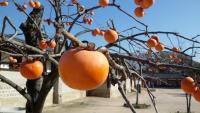
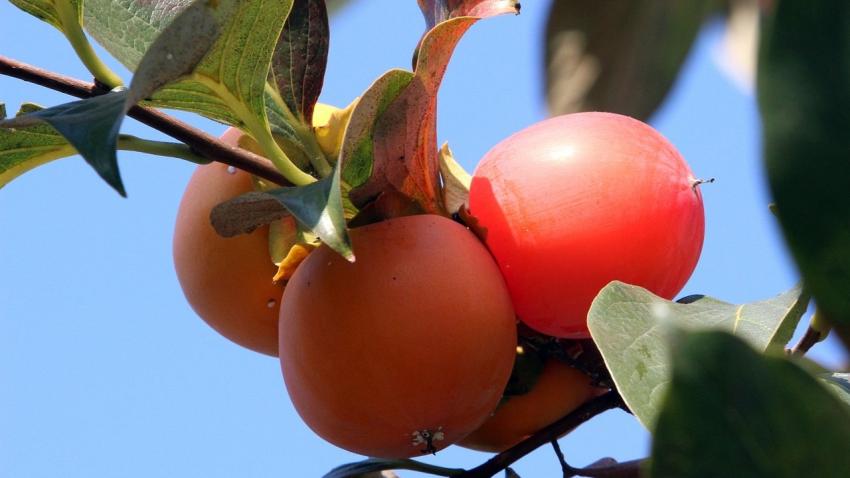
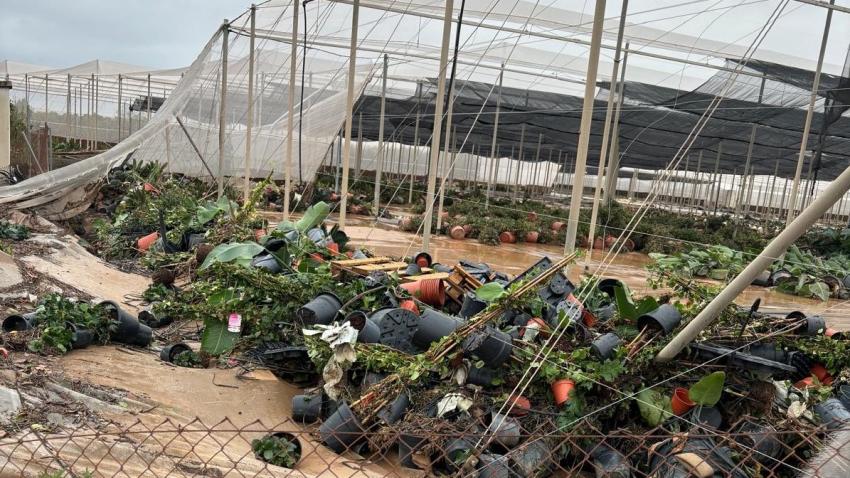
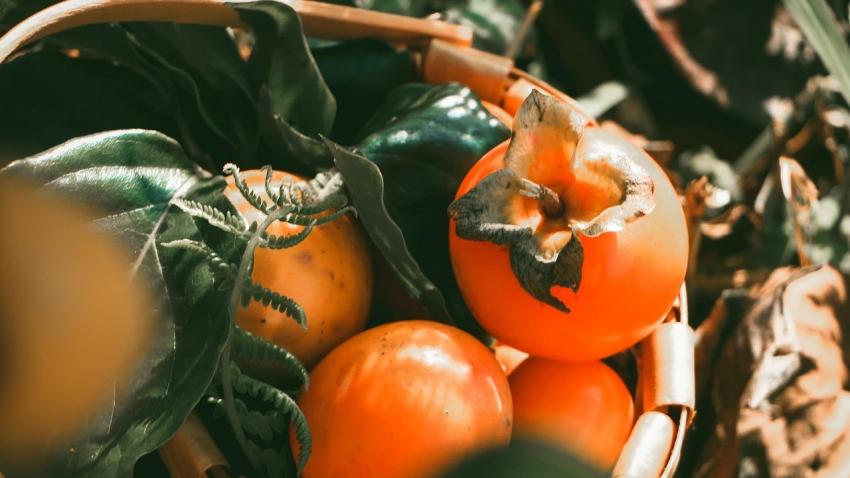
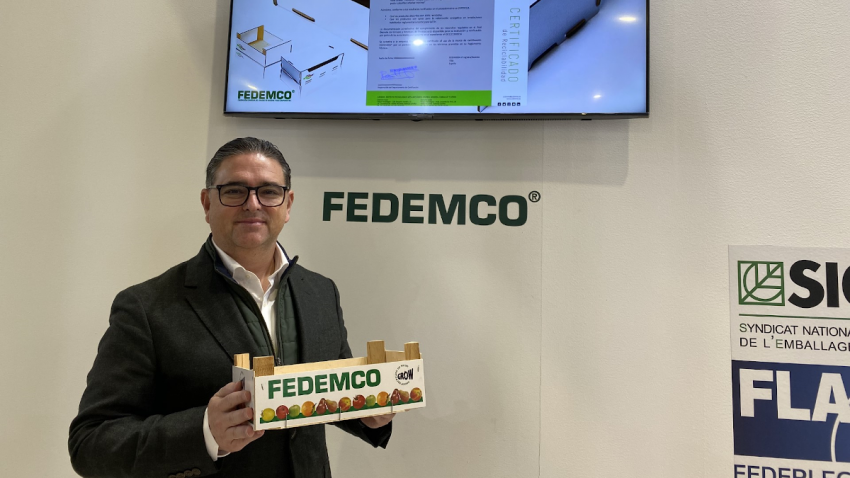







Add new comment